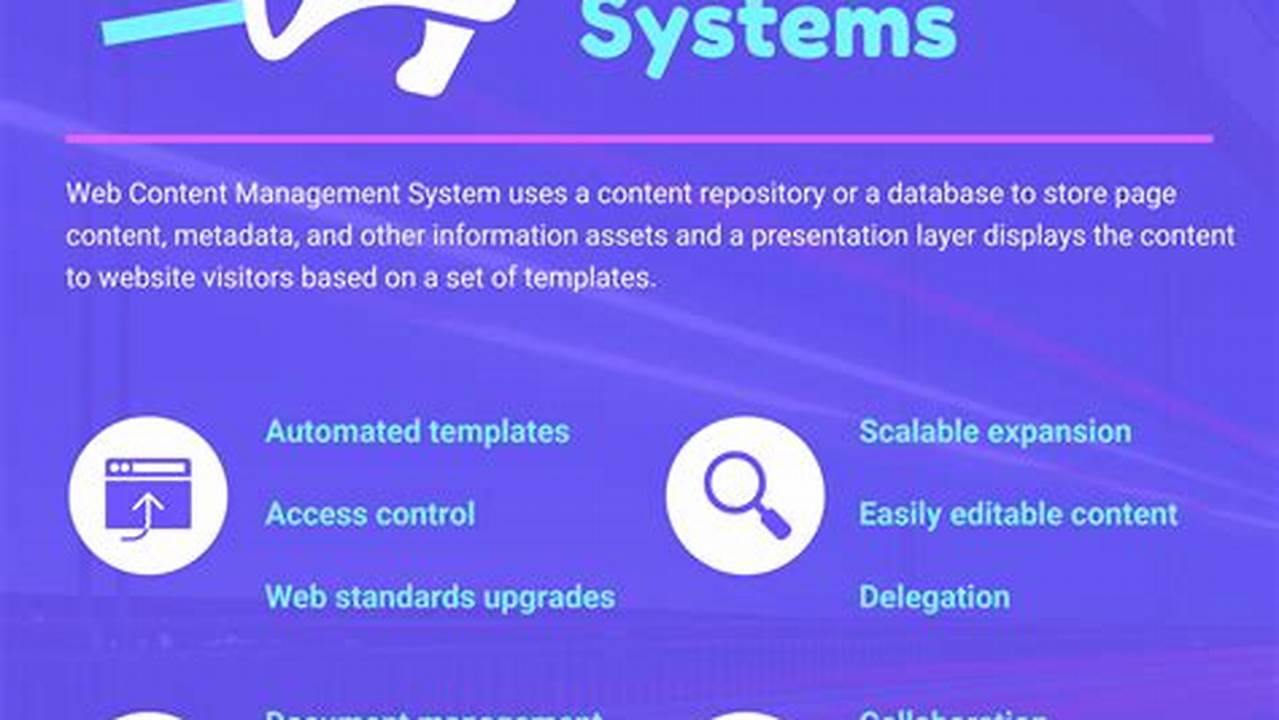Navigating the digital landscape often requires establishing an online presence, and for newcomers, the prospect of building a website can seem daunting. Selecting the right platform is crucial. User-friendly content management systems (CMS) empower individuals and businesses to create and manage websites without extensive technical expertise. These platforms offer intuitive interfaces, pre-designed templates, and drag-and-drop functionality, simplifying the process of website development and maintenance.
Key Features of Beginner-Friendly Platforms
Intuitive interfaces streamline website creation and management, allowing users to easily navigate and utilize the system’s features.
Pre-designed Templates
A variety of professionally designed templates provide a starting point for website design, eliminating the need for coding from scratch.
Drag-and-Drop Functionality
This feature simplifies content placement and arrangement, enabling users to visually build their webpages.
Content Management
Efficient tools for creating, editing, and organizing website content are essential for maintaining an updated online presence.
SEO Optimization
Built-in features and integrations assist in optimizing website content for search engines, improving visibility and attracting organic traffic.
Mobile Responsiveness
Ensuring websites adapt seamlessly to different screen sizes is crucial for reaching a wider audience and providing a positive user experience.
E-commerce Integration
For businesses looking to sell products or services online, seamless integration with e-commerce platforms is essential.
Security Features
Robust security measures protect websites from cyber threats and ensure data integrity.
Community Support and Documentation
Access to helpful resources, tutorials, and a supportive community can assist users in troubleshooting issues and maximizing the platform’s potential.
Scalability
Choosing a platform that can accommodate future growth and evolving needs is important for long-term success.
Tips for Selecting a Platform
Consider the specific needs and goals of the website. Different platforms cater to various purposes, such as blogging, portfolios, or online stores.
Explore Free Trials and Demos
Take advantage of free trials or demos to test different platforms and identify the one that best suits individual preferences and technical skills.
Research Community Support and Documentation
A strong community and comprehensive documentation can provide valuable assistance when encountering challenges.
Evaluate the platform’s pricing structure and ensure it aligns with the budget allocated for website development and maintenance.
Frequently Asked Questions
How much technical expertise is required to use these platforms?
Many are designed specifically for beginners, requiring minimal technical skills. Intuitive interfaces and drag-and-drop functionality simplify the process, making it accessible to users with limited coding experience.
Can these platforms be used for creating different types of websites?
Yes, they can be used to create a variety of websites, including blogs, portfolios, business websites, and online stores. The versatility of these platforms allows users to tailor their websites to specific needs and goals.
Are there free options available?
Yes, several platforms offer free plans with limited features. These plans can be a good starting point for individuals or small businesses with limited budgets.
What kind of support can I expect if I encounter difficulties?
Most platforms offer extensive documentation, tutorials, and community forums where users can seek assistance. Some platforms also provide dedicated customer support channels for premium users.
Is it possible to migrate my website to a different platform later?
While migrating a website is possible, it can be a complex process depending on the platform and the amount of content. It’s important to consider long-term needs when selecting a platform to minimize the need for future migrations.
How important is mobile responsiveness for my website?
Mobile responsiveness is crucial in today’s digital landscape. A significant portion of internet traffic comes from mobile devices, and a mobile-friendly website ensures a positive user experience for all visitors, regardless of the device they use.
Selecting the right platform empowers individuals and organizations to establish a robust online presence, connect with their target audience, and achieve their digital goals. By carefully considering the available options and aligning them with specific needs and technical capabilities, users can leverage the power of these systems to create and manage successful websites.



